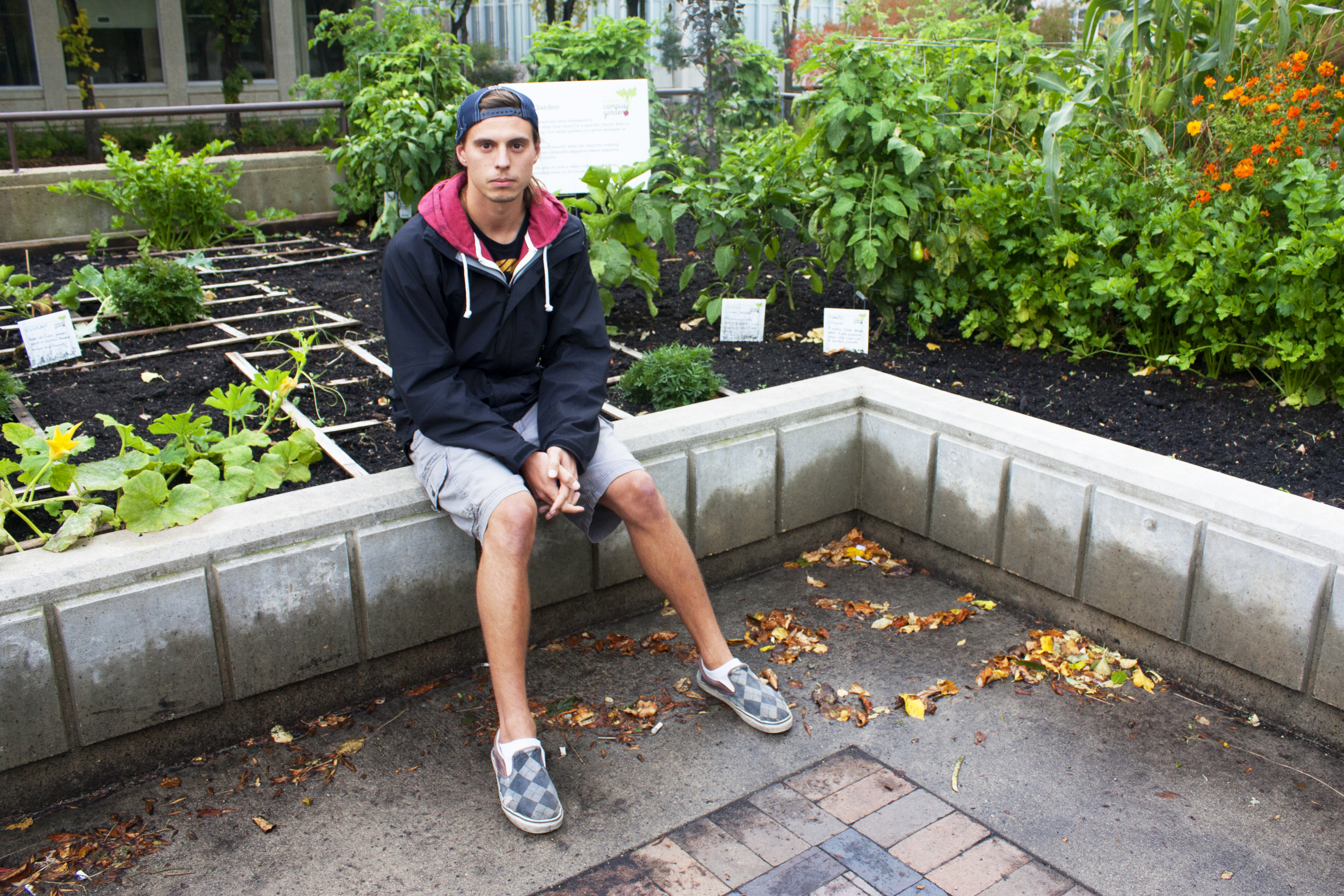As we return to classrooms, plenty of students are set to encounter distinct challenges that distance learning prolonged. Not only will some students be forced to endure social anxiety as we swiftly transition to in-person learning, but period poverty — the lack of freely available menstrual products — remains an unaddressed issue affecting diverse communities within the student body and across Canada.
UMSU women’s representative Christine Yasay, who previously served as co-president of the UMSU Women’s Centre, acknowledged that due to online learning this past year, period poverty was not recognized as a university-wide issue.
Coming into her role as advocate for the women’s community on the UMSU board of directors, Yasay is prioritizing the fight against period poverty while recognizing that “menstruation stops a lot of women from pursuing the activities that they want to do if the products are not provided for.”
While the University of Manitoba lagged behind in tackling period poverty during the COVID-19 pandemic, fellow Canadian universities lost no time. Since 2019, the University of British Columbia has provided free menstrual products through over 300 dispensers across campus, further expanding access by the end of 2020.
Furthermore, the University of Ottawa implemented the Period Project — a pilot-stage, student-led initiative that sought to install period product dispensers in frequently used washrooms across campus.
Yasay voiced her frustration with the U of M administration’s inaction while sharing her sense of responsibility to advocate for the cause.
From meeting with the vice-provost (students) Laurie Schnarr to engaging in meaningful dialogue with Members of the Legislative Assembly, Yasay and UMSU’s vice president advocacy Victoria Romero have pushed for the establishment of free and widely accessible period products on campus.
Earlier this year, the Manitoba NDP introduced a bill to amend the Public Schools Act which required that menstrual products be available to students free of charge. Though the bill successfully passed in the legislative assembly — effectively arranging for the distribution of free period products across public schools in the province — post-secondary institutions in Manitoba have been left to tackle period poverty without support from the provincial government.
During our conversation Yasay highlighted that period products do not come without a high price tag, yet she did not seem discouraged by this.
She said that she has been actively trying to contact the university’s period product plant while also looking for sustainable options to avoid contributing to the imminent threat non-degradable waste poses to our planet.
For Yasay, the fight against period poverty is personal as well as political.
Endometriosis and other menstrual issues are prevalent within her family, and have made her realize how many barriers are in place when there is no adequate support.
“[A period issue] stops you from doing the things that you want to do. Sometimes you have to take days off and it’s very inconvenient for your job, as a student, our council roles, and it’s not something that we chose, it’s just how our anatomy works.”
From breaking the stigma that periods are unsanitary or shameful to ending the misconception that only women menstruate, Yasay plans on collaborating with student leaders to get the message out among the student body.
“I would just encourage people to get involved,” she said.
“There’s a lot of issues that we need a lot of people to back us up.”





